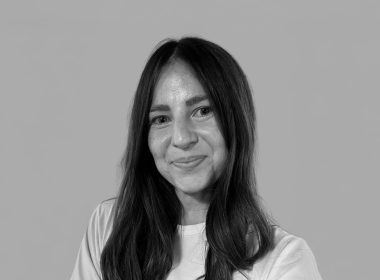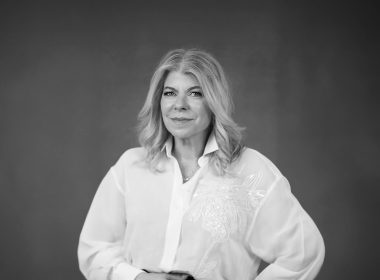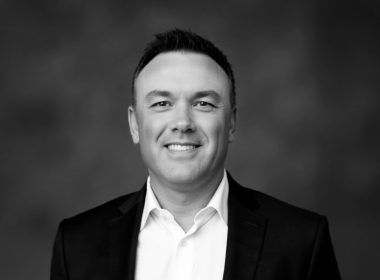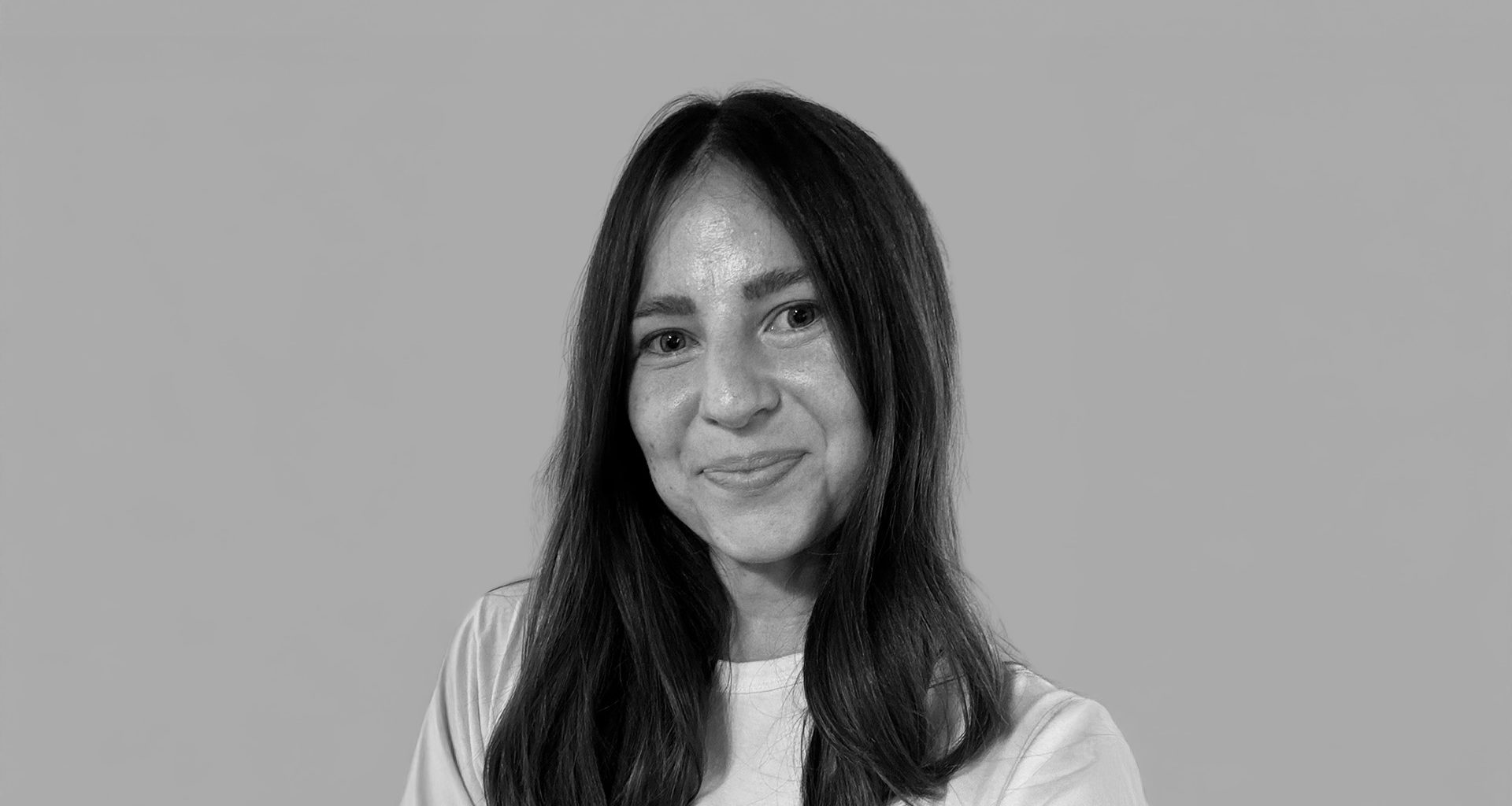Ovarian cancer remains one of the most challenging diseases facing women today, with devastating impact on thousands of families each year. Complex symptoms, limited research funding, and fragmented support systems create unnecessary barriers to effective treatment. Emily Campbell, Executive Director of Not These Ovaries, has dedicated her career to breaking down these barriers and transforming how we approach this deadly disease.
Awareness Is Just the Starting Line
Most women know ovarian cancer exists. What they don’t know is how to spot it early enough to make a difference. “Awareness is just the starting line,” Emily says. The real challenge comes from how sneaky this disease can be. “These symptoms can present in a multitude of ways,” she explains. “Many times, patients themselves and physicians brush these symptoms off because they can mimic other benign issues.” That dismissal costs lives. Women notice changes but get told it’s nothing serious until it’s too late.
Emily puts it bluntly: “It’s important to know your body and to advocate for your body and to see a doctor when symptoms persist for more than two weeks.” No more waiting months while something doesn’t feel right. No more accepting quick dismissals from busy doctors.
Data Saves Lives—If We Actually Use It
Here’s a fact: we still don’t understand ovarian cancer well enough to beat it consistently. Not because it’s impossible, but because the research is chronically underfunded. “Data saves lives if we actually use it,” Emily points out. The problem runs deeper than most people realize. “There are over 30 different subtypes of tumors. Many of these tumors are underfunded and under-researched.” That’s not just frustrating—it’s deadly. Without adequate research, doctors are fighting with one hand tied behind their backs. “We don’t even have the data that we need to understand how we can beat this disease,” Emily says. Every dollar toward research brings us closer to solutions that work for all women, not just those with the most common types.
Real Solutions Start with Real Voices
Cancer can feel isolating, especially with a disease that affects relatively few women compared to breast cancer. But connection changes everything. “Real solutions start with real voices,” Emily says. When women share their experiences, something powerful happens. “Ovarian cancer is rare, but it’s important to continue sharing your story,” she explains. These stories do more than build awareness—they build community. “You will find a community of people that are going through the same thing as you.” Those connections provide support while amplifying voices that might otherwise go unheard.
Emily doesn’t mince words about what needs to happen next. “Awareness is important, but it’s only just the beginning. What we need now is movement.” That movement looks different for everyone, but doing something beats doing nothing every time. “We need more people turning what they know into what they do,” she urges. The options are endless: “Whether it’s advocating for others that are impacted by this disease, sharing your own personal story, or supporting a family going through it.”
For those looking to make a direct impact, Emily’s organization offers a straightforward promise: “100% of your dollars goes directly towards research for lower grade and rare tumors of ovarian cancer.” No administrative bloat—just funding for the research that major institutions often overlook. The next steps in fighting ovarian cancer won’t come from awareness ribbons alone. They’ll come from women demanding better care, researchers pursuing overlooked questions, and communities supporting each other through the fight. Emily and Not These Ovaries are leading that charge—turning awareness into the action women desperately need.
Follow Emily Campbell on LinkedIn to support her mission and stay informed about the latest in ovarian cancer research and advocacy.






